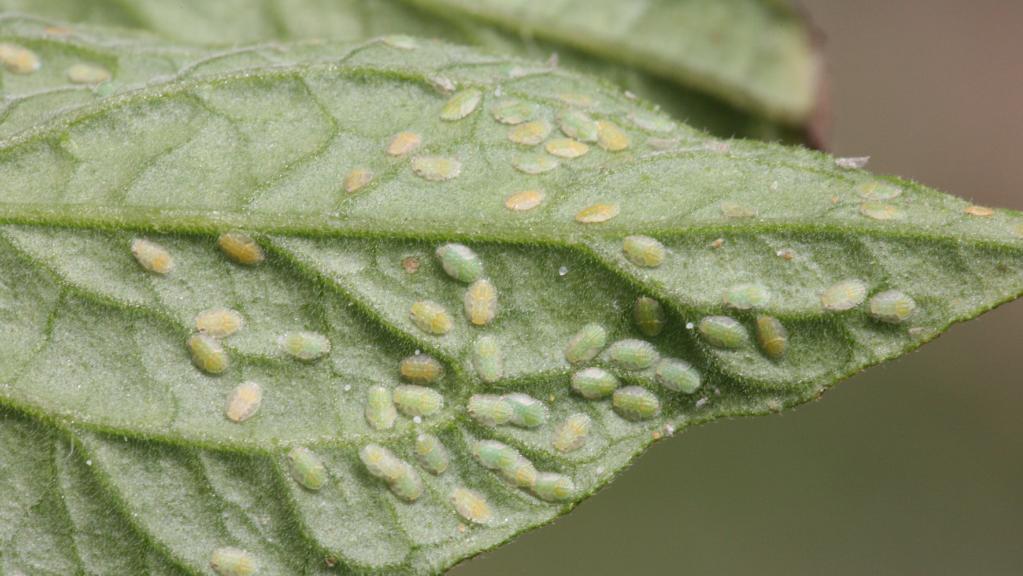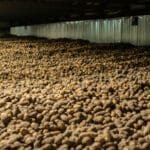Surveillance programs for tomato potato psyllid (TPP) are being ramped up in Tasmania as growers try to delay any incursion of the pest for as long as possible.
TPP was detected in Western Australia (WA) earlier this year.
Free sticky trap packs are being distributed by the Tasmanian Institute of Agriculture to growers and agronomists to set up around the perimeter of susceptible crops, particularly potatoes, Tasmania’s biggest vegetable crop.
The institute’s TPP coordinator Raylea Rowbottom said the traps would be critical for early detection if TPP was to enter the state and also to maintain Tasmania’s TPP-free status for exporting purposes.
“This surveillance is a very important step in maintaining that trade link between other states,” Rowbottom said. “At this stage the information I require is the regions and locations of fields for this potato season, from growers and agronomists, so I can map and work out the distribution of traps across the state.”
Tasmanian chief plant health manager Andrew Bishop said TPP surveillance in mainland eastern states was another line of defence to prevent the pest entering Tasmania, but growers still needed to be vigilant as the impacts could be devastating.
“Any state exporting to Victoria, NSW or Queensland now has to have proof the area is free from TPP,” Bishop said. “Therefore the impact in Tasmania would be two-fold. There would be a production impact — pest damage to crops — but the larger concern would be the market access impact because we’re so reliant on export here.
“In Western Australia when there was a detection, market restriction happened in a couple of days… so in terms of a business operating you just don’t have time to adjust, which results in loss of sales and loss of income.”
Bishop said the WA outbreak had been unusual because the associated bacteria Candidatus Liberibacter solanacearum, which could cause zebra chip disease, and for which TPP was a vector, had not been found.
Internationally it had been shown if you had TPP you generally had CLso, he said, and while WA was free of the bacteria, “everyone is planning for a worst-case scenario.”
Source: The Weekly Times (Australia)











